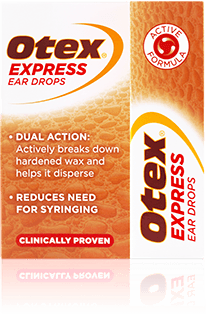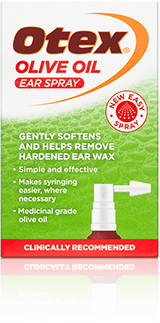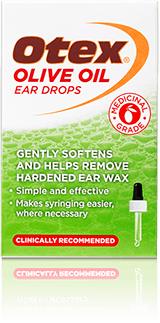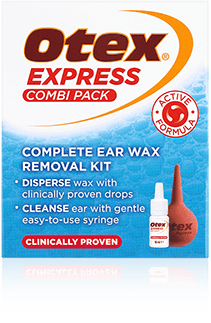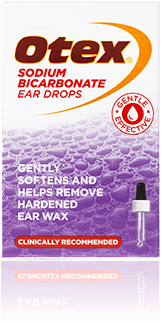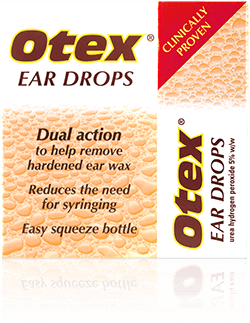Water sports and ear health
Water sports are lots of fun – both in the pool and out in the open water. But these activities can leave you vulnerable to ear wax build up, infections and even risk permanent damage to our ear health. So, what are the risks and what can you do about them to keep enjoying your favourite water sports?
How water can impact ear health
For a start, open water and untreated pool water is full of bacteria. This alone exposes your ears to potential infections. However, the risk is far greater if water gets stuck inside your ear canal.
When this happens, moisture builds up inside your ear canal which creates the perfect environment for bacteria to thrive. Your ear can then become infected with a condition known as ‘swimmer’s ear’. This is an outer ear infection where your ear canal becomes red and inflamed, itchy, and drains fluid.
Aside from the risk of infection, water also increases your risk of ear wax build up. When water enters the ear canal, it can push wax deeper into the ear, stopping it from clearing naturally and leading it to harden within the ear. This can cause you earache and dulled hearing.
How pressure changes impact ear health
With more extreme sports like diving, the changes in pressure can cause more extreme symptoms. If your ears don’t equalise properly, you risk inner ear barotrauma. This can cause hearing loss, vertigo and tinnitus.
What to do to prevent it
Maintaining good ear health both in and out of the water is essential for avoiding any problems from ear wax build up, infections or trauma. The best place to start is to try and avoid getting water inside of your ears to begin with. You can try using a swimming cap that covers your ears or wearing swimming ear plugs. But we know it’s not always possible to avoid getting water in your ears, so if it happens, try tilting your head to let water drain out afterwards, and dry your outer ear with a clean, dry towel.
If you’re diving, make sure you equalise properly during descent and ascent – to ensure the pressure is stable.
What to do if you have ear wax build up
If you’re experiencing dulled hearing and a fullness in your ear for an extended period of time, you may have impacted ear wax. A good place to start is with ear drops to help clear the blocked wax. Otex Express uses urea hydrogen peroxide to help break down hardened wax into smaller pieces, so it can fall more easily from the ear. The NHS recommends olive oil to help moisten and soften wax, such as Otex Olive Oil ear drops, which uses medical grade olive oil that’s safe and effective.
If you’re still experiencing the same symptoms after this, it’s a good idea to speak to a doctor to look at professional ear wax removal options such as microsuction.
What to do if you have more serious symptoms
If you’re experiencing pain, discharge or ringing in your ears, you may have an infection or be suffering from tinnitus. If this is the case, over the counter ear drops aren’t advised. Instead, seek advice from a healthcare professional.
Sources:
Browse the Otex range
Find the right product for you.
